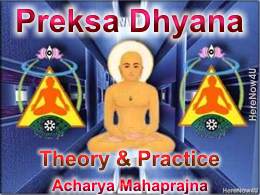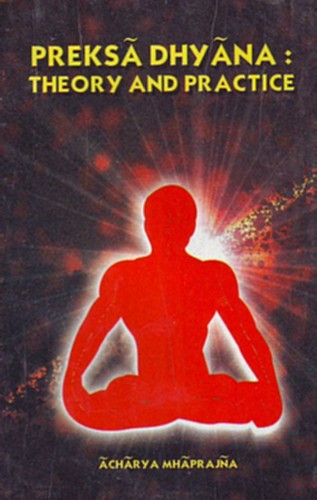
The nervous system is the most complex system in the work of human body. It coordinates and regulates the work of other systems (of the body) and through them controls the functions of the body as a whole. That is why it is considered to be the most important system of the body.
Its failure will result in total cessation of its activities, paralysis of all the organs and ultimate stoppage of all vital processes. One would be unable to use one's muscles, unable to move one's hands, blink one's eyes, to sit or stand and even to breathe.
The Central Nervous System is composed of:
-
The brain, and
-
The spinal cord.
The nervous system has two basic functions:
-
the detection and processing of information from within and outside the body, and
-
production and regulation of movement by muscle action.
Some parts of the brain are also responsible for the control of emotions and the stage of information and are also concerned with personality factors and intellect.
 Acharya Mahaprajna
Acharya Mahaprajna

